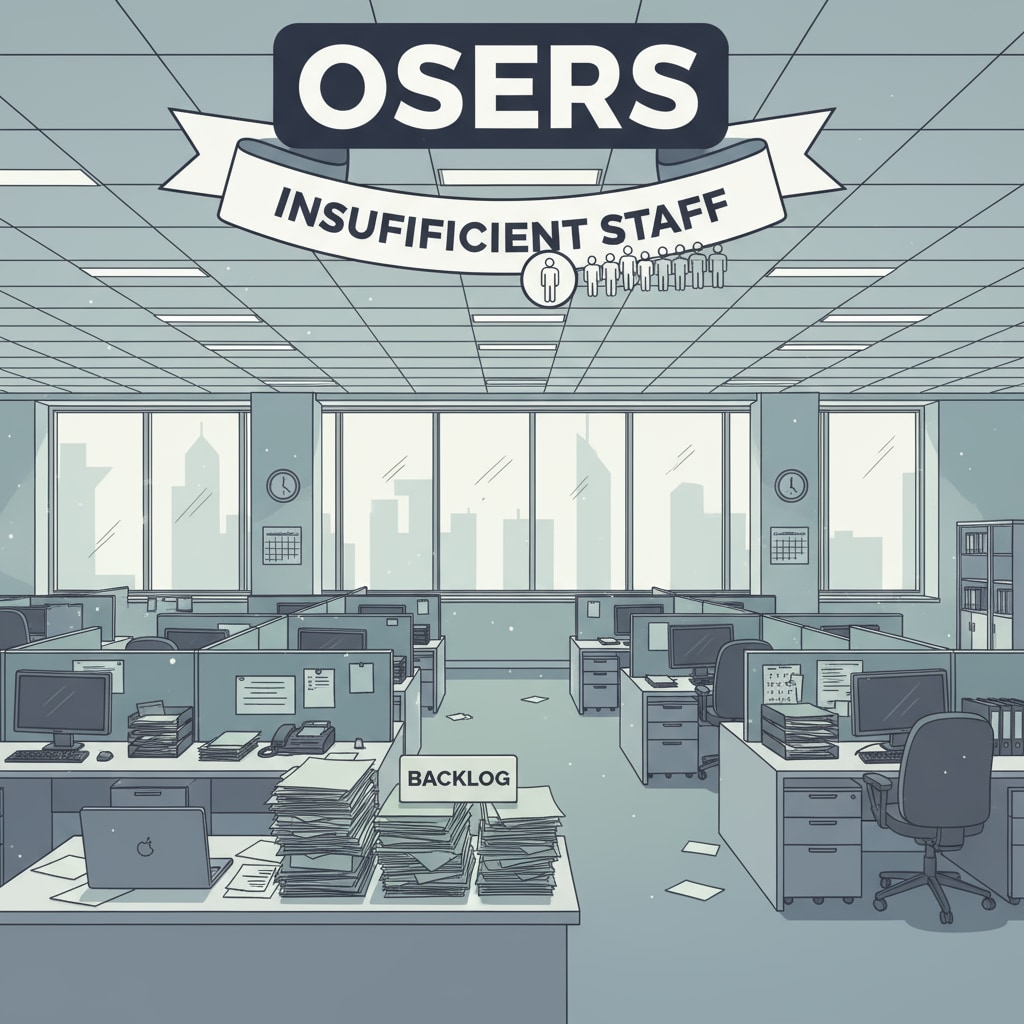The crisis in special education, triggered by government shutdowns and exacerbated by a lack of staff at the Office of Special Education Programs (OSERS), is putting the educational rights of disabled students at risk. The situation has reached a critical point where immediate action is needed to safeguard the future of these vulnerable learners.

The Staffing Shortage at OSERS
The Office of Special Education Programs (OSERS) within the U.S. Department of Education is responsible for ensuring that states and local educational agencies comply with the Individuals with Disabilities Education Act (IDEA). However, OSERS is currently facing a severe staffing shortage. With only three employees left, it has become virtually impossible for the office to carry out its regulatory duties effectively.
This shortage has been the result of a combination of factors, including government shutdowns that have led to budget cuts and hiring freezes. As a result, the office has been unable to recruit and retain the necessary staff to oversee special education programs across the country.
According to the official website of OSERS, the office plays a crucial role in providing leadership and financial support to states and localities to improve educational results for children with disabilities. But the current staffing situation is severely hampering its ability to do so.

The Impact on Disabled Students
The consequences of the OSERS staffing shortage are far-reaching, particularly for disabled students. Without proper federal oversight, states and local educational agencies may not be held accountable for providing high-quality special education services.
For example, students with disabilities may not receive the individualized education plans (IEPs) that are required by law. These plans are designed to meet the unique needs of each student and ensure that they have access to appropriate educational resources and support.
In addition, the lack of federal monitoring may lead to disparities in the quality of special education services across different regions. Some areas may not have the necessary resources or expertise to provide adequate support for disabled students, leaving them at a disadvantage.
Readability guidance: As seen, the situation is dire. We need to look at ways to address this crisis. In the following section, we will explore possible solutions.
Potential Solutions
To address the crisis in special education, several steps can be taken. First and foremost, the government needs to prioritize funding for OSERS and lift the hiring freezes. This will allow the office to recruit and train the necessary staff to carry out its regulatory functions.
In addition, states and local educational agencies should take on more responsibility for ensuring the quality of special education services. This can include providing professional development opportunities for teachers and staff, as well as implementing effective monitoring and evaluation systems.
Finally, parents and advocates need to raise awareness about the importance of special education and hold policymakers accountable for protecting the rights of disabled students. By working together, we can ensure that every child with a disability has access to a high-quality education.
In conclusion, the crisis at the federal Office of Special Education Programs is a wake-up call for all of us. We must take action to address the staffing shortage and protect the educational rights of disabled students. As stated on Britannica’s page on special education, special education is a fundamental right, and we cannot afford to let these students down.


